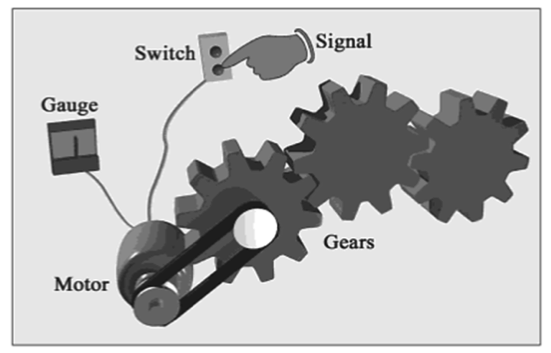“We are not victims of our genes, but masters of our fates, able to create lives overflowing with peace, happiness, and love.” – Bruce H. Lipton
Foster children live in a cycle of failure. They typically leave the system with poor life outcomes. The system fails them, just as their biological family failed them. After living around failure, they start to feel as though they are a failure. Those feelings then turn into deeply ingrained beliefs. They believe they are genetically engineered for failure.
We have to stop this. We must show foster children that they are not the victims of their genes. But how? The answer is something no one in foster care is talking about. It is a breakthrough in science called epigenetics.
Cellular biologist and inspiring author Dr. Bruce Lipton shares with us that our beliefs literally change who we are through epigenetics. Epigenetics reveals that we are masters of our genes. The authors at Littleatoms.com provide a simple explanation of epigenetics–in its simplest sense, it is the science of how genes are turned on and off. Our genes are activated or shut down (turned on or off) depending on different needs and interactions within our environment.
Epigenetics is proof that people can change. We can show children how to “unlearn” who they used to be. Dr. Joe Dispenza explains in Breaking the Habit of Being Yourself, “When you do not recreate the same mind on a daily basis, you prune away the hardware that is related to the old self.”
Here are five powerful ways we can use the science of epigenetics to help foster children break the cycle of failure.

